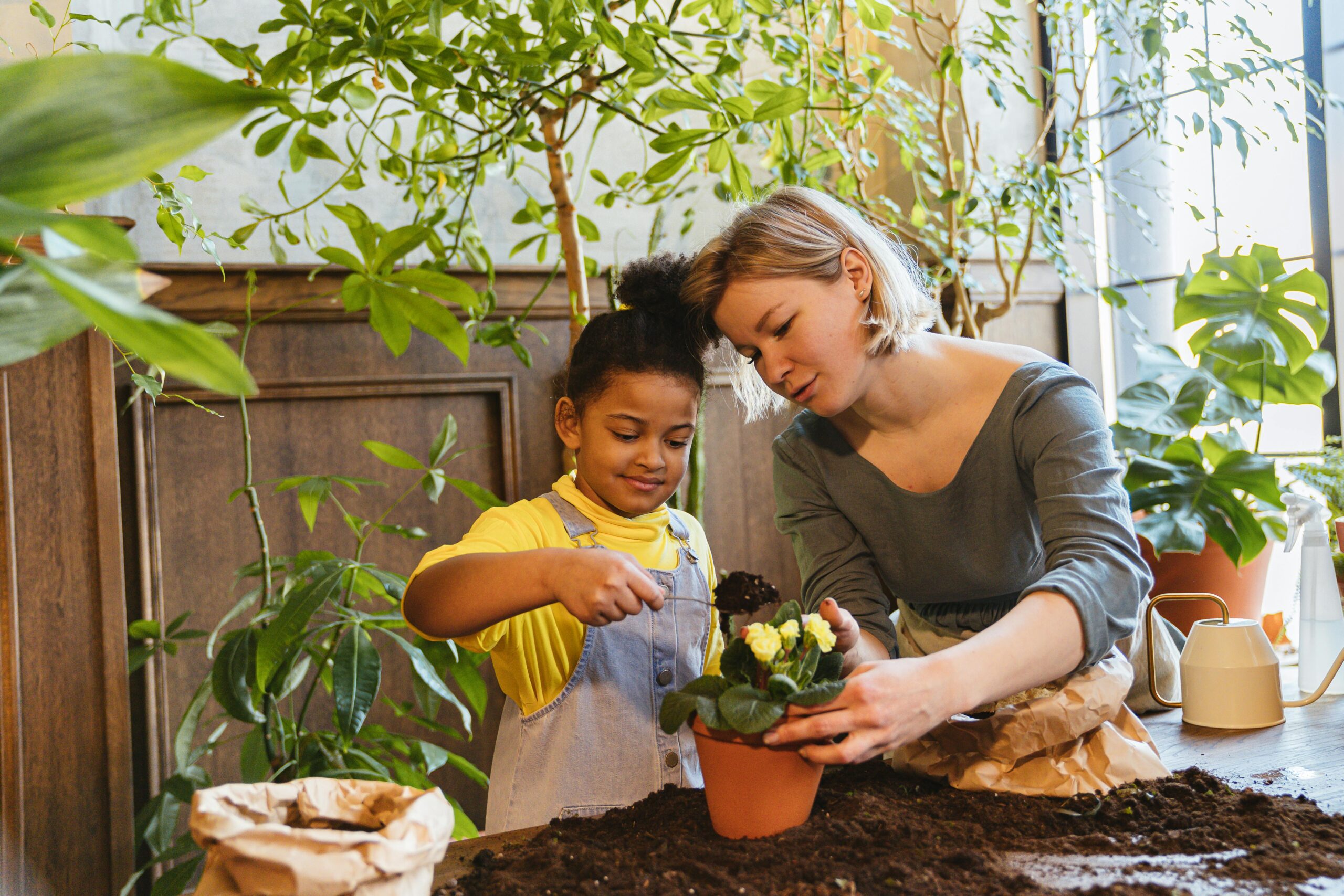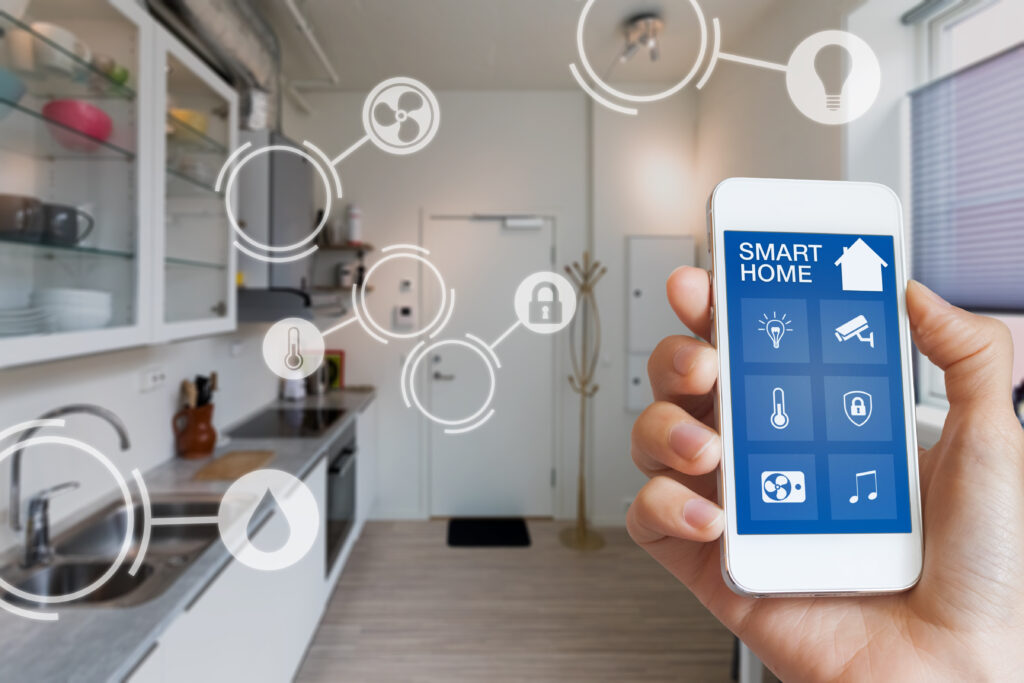Raising children today comes with unique joys and challenges, but perhaps none more critical than teaching kids how to care for our planet. As climate change, pollution, and resource depletion affect communities worldwide, the importance of sustainable parenting has never been greater. Today’s parents have a real opportunity—and responsibility—to raise eco-conscious kids who will help shape a greener, healthier future.
Let’s explore what it means to practice sustainable parenting and discover practical ways to nurture environmentally responsible habits in children.
What is Sustainable Parenting?
Sustainable parenting is an approach that centers around raising children with a deep respect for the environment. It means making mindful daily choices as a family to reduce your carbon footprint and teaching kids to value nature, conservation, and thoughtful consumption.
Eco-friendly parenting isn’t about being perfect or giving up all modern comforts. Instead, it’s about cultivating awareness, responsibility, and habits that support both a thriving family and a thriving planet.
Why Raise Eco-Conscious Kids?
When we encourage children to live sustainably, we’re giving them lifelong skills. These kids grow up to:
- Understand interconnectedness between people and the earth
- Make thoughtful choices about what they buy and use
- Care about community impact
- Feel empowered to create change
Ultimately, raising environmentally conscious children creates ripple effects—positively influencing schools, neighborhoods, and beyond.
Easy Ways to Be a Sustainable Parent
Becoming a sustainable parent may sound overwhelming, but it’s really about small, consistent steps. Here’s how you can start:
1. Lead by Example
Children learn best from watching the adults in their lives. Make sustainability visible in daily routines:
- Opt for reusable shopping bags and water bottles
- Separate waste and compost
- Use public transport, walk, or bike together when possible
- Conserve water and energy at home
When your kids see you making eco-friendly choices, they’ll naturally adopt these behaviors.
2. Talk About the Environment
Open, age-appropriate conversations are key. Discuss why picking up litter matters or why you turn off lights when leaving a room. Encourage questions and curiosity. Read books and watch nature documentaries as a family—they foster empathy for wildlife and highlight environmental issues in an engaging way.
3. Reduce, Reuse, Recycle—Together
Waste is a major environmental concern, and kids love hands-on activities. Teach the 3Rs by:
- Sorting recyclables together
- Upcycling jars, cartons, and boxes for crafts
- Donating toys and clothes instead of tossing them
- Visiting a local recycling center to see what happens after the bin
Making waste management a family project not only reduces landfill but also builds teamwork.
4. Choose Eco-Friendly Products
As a parent, your purchasing power is significant:
- Select toys made from natural, non-toxic materials
- Buy organic or locally sourced foods to support sustainable agriculture
- Look for clothes made from organic or recycled fabrics
- Avoid single-use plastics whenever possible
These choices teach children that not every shiny new thing is good for the world—and that buying thoughtfully is part of caring for the planet.
5. Spend Time in Nature
Take every opportunity to immerse your kids in nature. Try family hikes, park outings, gardening, or even bird watching in your backyard. Experiences in the outdoors foster deep respect for the earth and a desire to protect it.
Research shows that regular time outside boosts mental health, creativity, and a sense of belonging to something bigger—a vital lesson in nurturing responsible, happy humans.
Green Habits for Growing Kids
Small, repeatable actions add up over time. Here are more eco-conscious habits to encourage at home:
- Lunchbox Makeover: Pack waste-free lunches using reusable containers and cloth napkins.
- Water Wisdom: Teach kids to turn off the tap while brushing teeth and to take shorter showers.
- Mindful Shopping: Involve children in making grocery lists and choosing local, in-season produce.
- Energy Savers: Give kids the “light monitor” job—reminding the family to switch off lights and unplug devices.
- Grow Your Own Food: Even a small herb garden or a few vegetable pots on the balcony can delight kids and reduce food miles.
Navigating Common Challenges
Sustainable parenting isn’t always easy. Sometimes, convenience wins; other times, kids resist change. Remember, perfection isn’t required! Celebrate effort rather than outcomes, and adapt practices to fit your family’s needs.
When resistance crops up, let your child have a say. For example, let them choose which old toys to donate or involve them in picking seeds for your garden. Participation builds investment and makes eco-habits a shared journey.
The Power of Community Engagement
Eco-consciousness grows stronger in community. Inspire your kids by joining local clean-ups, tree-planting events, or recycling drives. Many towns have children’s environmental clubs or workshops that combine fun with action.
Encourage your child to share their knowledge at school, or support eco-friendly projects through volunteer work. These experiences highlight the power of collective action and help kids realize their voice matters.
Tech & Sustainability: A Modern Balance
Technology is part of modern childhood—but it can serve sustainable learning, too. Download educational games about wildlife, explore documentaries on streaming platforms, or use apps that teach recycling and energy conservation.
Just balance screen time with offline, outdoor activities to ensure children stay connected to the real world.
Teaching Empathy and Global Perspective
Eco-consciousness isn’t just about habits; it’s about heart. Foster empathy by talking about how climate change affects people around the world. Discuss stories from other cultures and highlight eco-heroes making a difference, from scientists to activists.
This global perspective helps kids understand that their climate-friendly choices ripple across the planet.
Creating a Sustainable Home Environment
The family home can be a powerful model for sustainable living.
- Use natural cleaning products and DIY solutions
- Incorporate houseplants for cleaner air
- Decorate with upcycled or secondhand items
- Teach kids to repair instead of replace whenever possible
Small efforts like these make your home a learning lab for sustainability, showing children that every action counts.
Celebrate Progress, Not Perfection
It’s easy to get discouraged when changes seem slow or mistakes happen. Instead, celebrate every step, no matter how small. Track your family’s progress—maybe a week without single-use plastics or a neighborhood cleanup completed together. Rewarding efforts with praise or eco-friendly treats helps keep motivation high.
Conclusion: Raising the Next Generation of Planet Protectors
Sustainable parenting is one of the greatest gifts we can give our children—and the planet. By raising eco-conscious kids, you empower them to make thoughtful choices, inspire positive change, and thrive in harmony with nature.
Your family’s actions may feel small, but multiplied by millions of families worldwide, they become a force for global good.
Ready to get started? Begin with just one new habit this week, involve your kids in the process, and watch as small seeds of sustainability grow into lasting change. The earth—and your children—will thank you for it.
Call-to-Action:
Join the movement for a greener future! What’s one eco-friendly habit your family will start today? Share your ideas and inspire others in the comments below.






